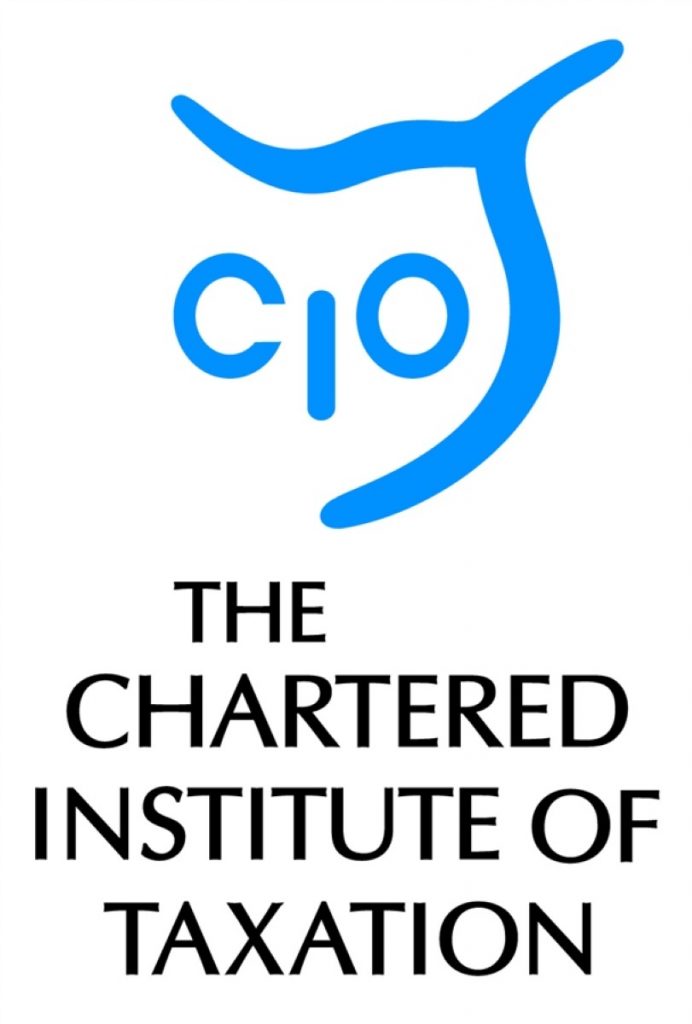Tax charity launches enhanced information and support for disabled people and their carers
Disabled people who take on a carer or personal assistant now have access to additional information and support, following the launch of an enhanced version of the Disability Tax Guide website.
The website, written and published by the Low Incomes Tax Reform Group (LITRG) and supported with funding from HM Revenue & Customs (HMRC), provides information, help and resources for disabled people taking on a personal assistant. It has been enhanced to coincide with a series of workshops being jointly run by LITRG and Disability Rights UK.
The Government are encouraging independent living by giving people more choice about how their social and care needs are met through systems such as direct payments and personal budgets. Those who use government money to take on a personal assistant, as well as those who fund help privately, face the possibility of becoming an employer and having to deal with responsibilities such as tax, national insurance, paying wages and employment law.
LITRG Chairman, Anthony Thomas, commented:
“The LITRG Disability Tax Guide website aims to help and support disabled people who become ‘accidental’ employers of carers or personal assistants. Visitors to the site can download a newly published basic guide which explains the things that people need to consider. The guide is supported by a series of factsheets which explain important topics in more detail and provide links to the more detailed guidance on tax employment status, paying wages and tax issues on the website.
“The website will not only be useful to any individuals taking on, or thinking of taking on a personal assistant, but also for local authorities and other organisations who advise on independent living , personal budgets, and employing personal assistants. Taking into account the shift from PAYE to real-time information (RTI) reporting of payments to employees, the availability of clear support and guidance in one place is crucial for employers of personal assistants. The site also features a free payslip tool that has been specially designed to work with the HMRC payroll software.
“Working with Disability Rights UK, LITRG is also holding a series of 12 workshops across the UK which are aimed at helping new and prospective employers of personal assistants navigate the tax and national insurance consequences of taking on a personal assistant.”
“In addition to supporting the website and workshops, LITRG will be running a pilot email help service which will run until April 2015 and will provide additional support to website users who have specific tax and National Insurance queries. The help service will be staffed by LITRG technical officers. Queries can be sent to litrgdtg@litrg.org.uk. More information about the scope of the help service can be found on the Disability Tax Guide website: http://disabilitytaxguide.org.uk/for-advisers/help-service/.”
Notes to editors:
1. The Disability Tax Guide website can be reached here. LITRG’s website contains a section devoted to the tax affairs of those who suffer from a disability, which can be found here.
2. The Low Incomes Tax Reform Group (LITRG)
LITRG is an initiative of the Chartered Institute of Taxation to give a voice to the unrepresented. Since 1998 LITRG has been working to improve the policy and processes of the tax, tax credits and associated welfare systems for the benefit of those on low incomes.
3. The Chartered Institute of Taxation (CIOT)
The CIOT is the leading professional body in the United Kingdom concerned solely with taxation. The CIOT is an educational charity, promoting education and study of the administration and practice of taxation. One of our key aims is to work for a better, more efficient, tax system for all affected by it – taxpayers, their advisers and the authorities. The CIOT’s work covers all aspects of taxation, including direct and indirect taxes and duties. Through our Low Incomes Tax Reform Group (LITRG), the CIOT has a particular focus on improving the tax system, including tax credits and benefits, for the unrepresented taxpayer.
The CIOT draws on our members’ experience in private practice, commerce and industry, government and academia to improve tax administration and propose and explain how tax policy objectives can most effectively be achieved. We also link to, and draw on, similar leading professional tax bodies in other countries. The CIOT’s comments and recommendations on tax issues are made in line with our charitable objectives: we are politically neutral in our work.
The CIOT’s 17,000 members have the practising title of ‘Chartered Tax Adviser’ and the designatory letters ‘CTA’, to represent the leading tax qualification.





-01.png)